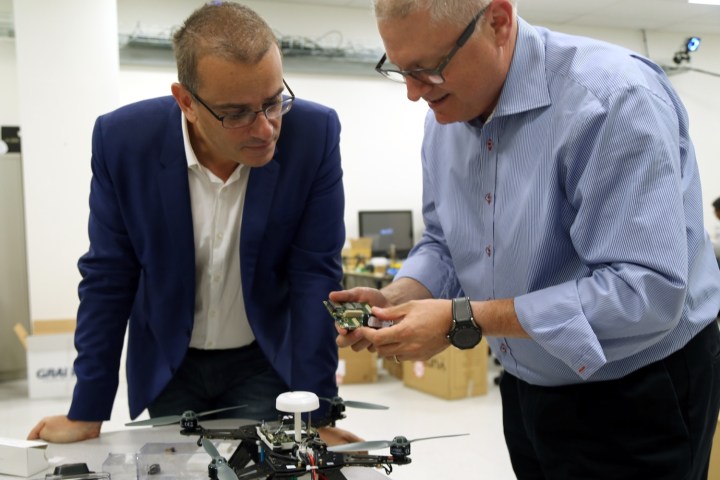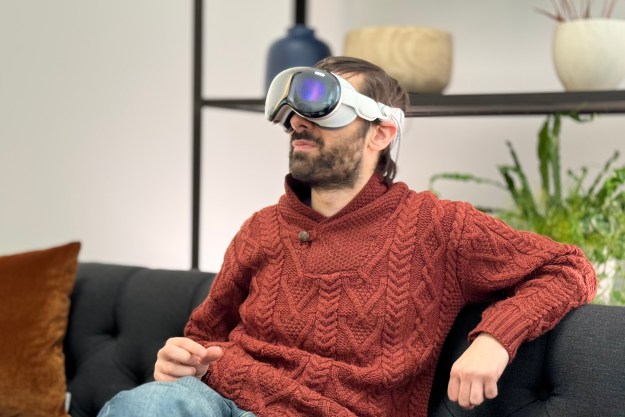
Movidius was founded in Dublin back in 2005, and specializes in the creation of low-power processor chips that can be used to facilitate computer vision. Intel isn’t the first big name to show interest in the company — the California-based outfit announced a partnership with Google back in January.
The partnership between Google and Movidius helped the first generation of Project Tango smartphones to map their surroundings, according to a report from The Verge. The devices use a host of cameras and sensors to produce 3D maps of a user’s surrounding area, which can then be used alongside augmented reality services.
Movidius further raised its profile with its contributions to DJI’s Phantom 4 drone. Thanks to the company’s Myriad 2 vision processor units, the Phantom 4 is capable of improved vision-based tracking, refined autonomous movement, and better obstacle avoidance.
“When computers can see, they can become autonomous and that’s just the beginning,” wrote Movidius CEO Remi El-Ouazzane in a statement on the company’s website. “In the years ahead, we’ll see new types of autonomous machines with more advanced capabilities as we make progress on one of the most difficult challenges of AI: getting our devices not just to see, but also to think.”
Although the deal has not yet been finalized, the fact that both Intel and Movidius are announcing the acquisition suggests that it is almost certain to go through. A statement from Josh Walden, general manager of Intel’s new technology group, indicates that Movidius will be assisting with the company’s RealSense program.
Editors' Recommendations
- Intel is oddly enthusiastic about AI replacing everyone’s jobs
- Intel’s new CPU feature boosted my performance by 26% — but it still needs work
- Intel’s next-gen GPU might be right around the corner
- Reviewers agree: Intel’s latest chip is truly ridiculous
- Apple is already planning its next big thing after the Vision Pro


